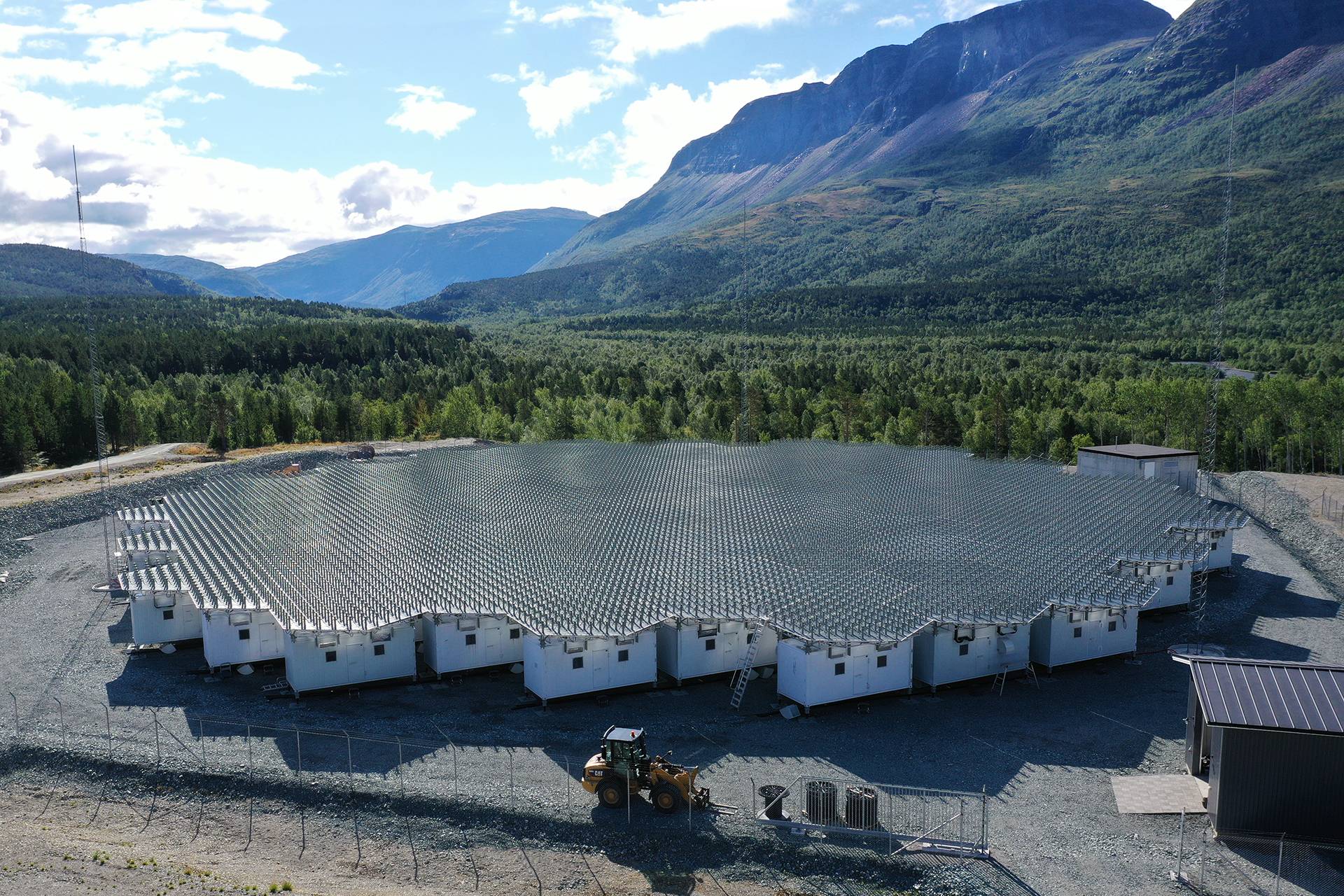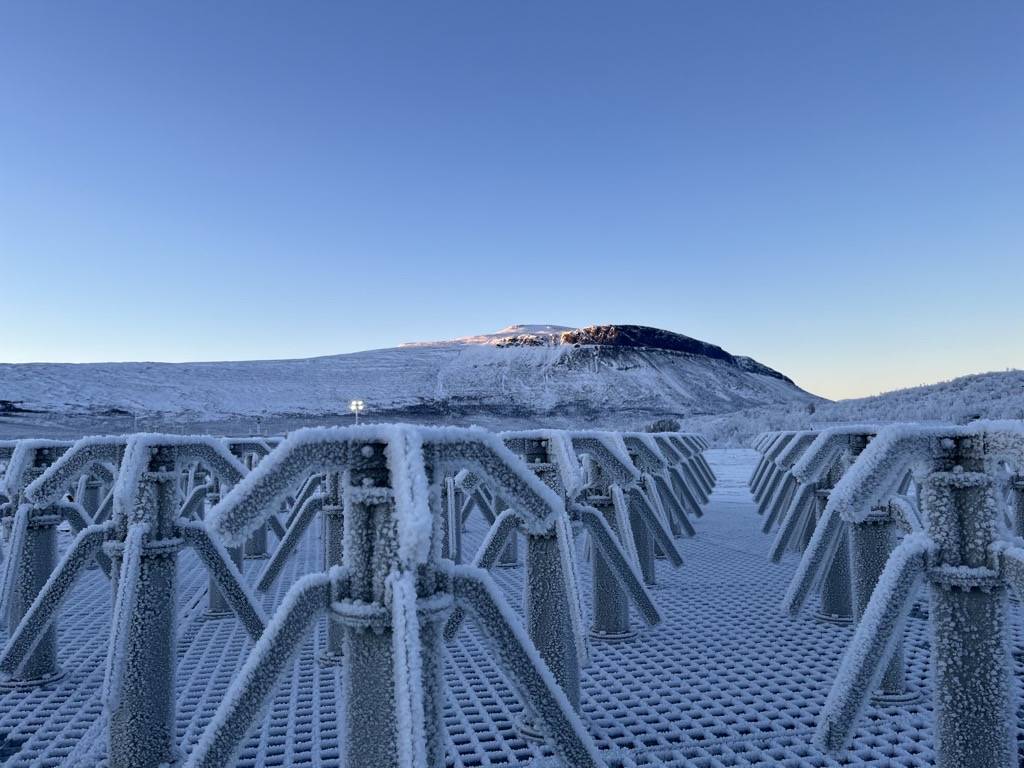Guidelines for cancellations of radar operations
Cancellations and Changes
Of course, you can cancel an experiment at any time, but arbitrary cancellations cause operational problems and bad feelings – both of which are very bad.
If you follow the simple guidelines below, everyone’s life will be more pleasant, and more science will get done with less waste. The notes below detail the cancellation procedures, but the steps necessary to change an operation are of course similar.
In general, our cancellation policy is directly linked to our commitment to recompense our staff for shift work so that you will be charged radar hours, even if you do not run, if you cancel a scheduled experiment with too little notice for us to cancel the associated shift(s). We will always try to avoid charging you for time that you do not actually use, but this is only possible if everyone cooperates to minimise late cancellations.
If an experiment is cancelled because the radar(s) are not functioning, you will not be charged.
Please do not take this as an invitation to argue that some minor fault implies that the whole radar is “not functioning”. If something prevents your experiment from producing appropriate data, you won’t be charged; otherwise you will.
If you wish to cancel, for any reason, you must do so before certain deadlines in order to avoid liability to be charged.
Our shift operations are divided into three watches:
0000-0800 Local time (night watch)
0800-1600 Local time (day watch)
1600-2400 Local time (evening watch)
- If you want to cancel a night watch, you must inform us before the end of normal working hours on the second last working day before the shift you want to cancel.
- If you want to cancel a day watch on a non-working day, you must inform us before the end of normal working hours on the last working day before the shift you want to cancel. You can cancel a day watch on a working day at any time.
- If you want to cancel an evening watch, you must inform us before the end of normal working hours on the last day before of the shift you want to cancel.
Notes
Local time is CET or CEST (one or two hours ahead of UTC).
“Inform us” means requesting it to EISCAT’s person in charge of scheduling, currently, Thomas Ulich and the Site Manager, Arild Stenberg for Tromsø or Espen Helgesen for ESR.
A request is not taken before a reply is given!
“Before the end of normal working hours” means long enough before the staff leave for the administrative tasks to be completed on time. In practice this means about 30 minutes, it does not mean stopping the cars as they drive away from the site to say that you want to cancel!
“Normal working hours” are 0815-1515 Monday-Friday.
“Working day” means a day when the site is open for normal business, it does not include Saturdays, Sundays, National Holidays, Annual Review Meeting days, etc.
You should be aware that all this implies that you must cancel any watch scheduled for a Monday evening or night before 1445 local time on Friday!
You can ask for more time to be scheduled than you have allocated to your experiment and then cancel runs depending on conditions. However, this is unpleasant for the staff and leads to operational and scheduling difficulties. Please do not therefore ask for more than about 10% over-scheduling. Likewise, making many changes and cancellations, particularly at short notice, is not good: try to avoid changing more than about 10% of the shifts in any one campaign.
Late Requests
If your experiment is very condition dependent (for example, related to a rocket launch) you can talk to us about not to actually schedule it. Then the staff will only be here, and the radar(s) will only run, when you specifically ask for an operation (i.e. the reverse of the usual case).
This depends heavily on availability to staff to be able to take a shift, which indeed may not be possible at all. However, it may be worth in investigating it on a case by case basis as it can result in spectacular savings in radar time, and not to have the radar running during not so useful situations.




